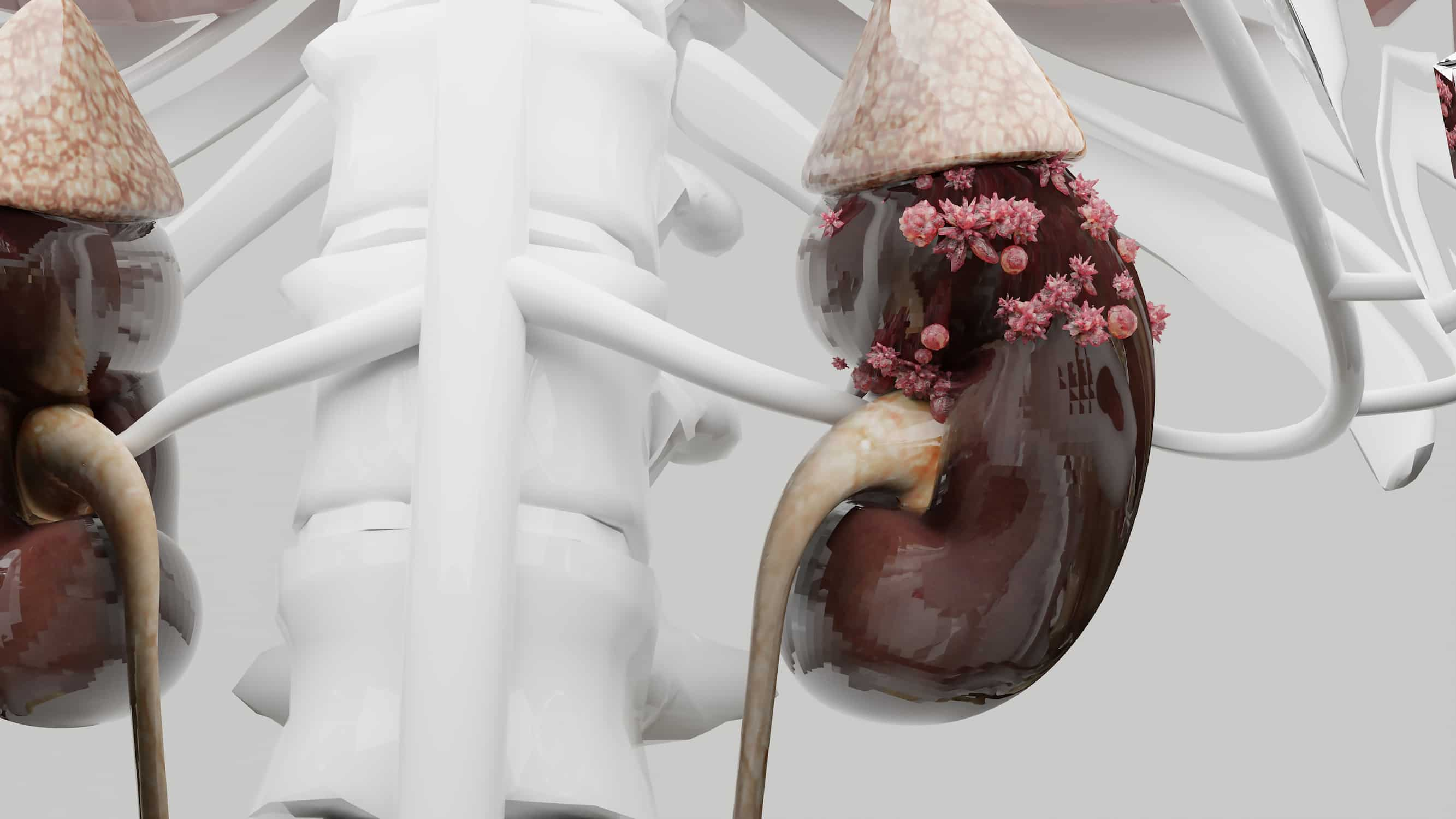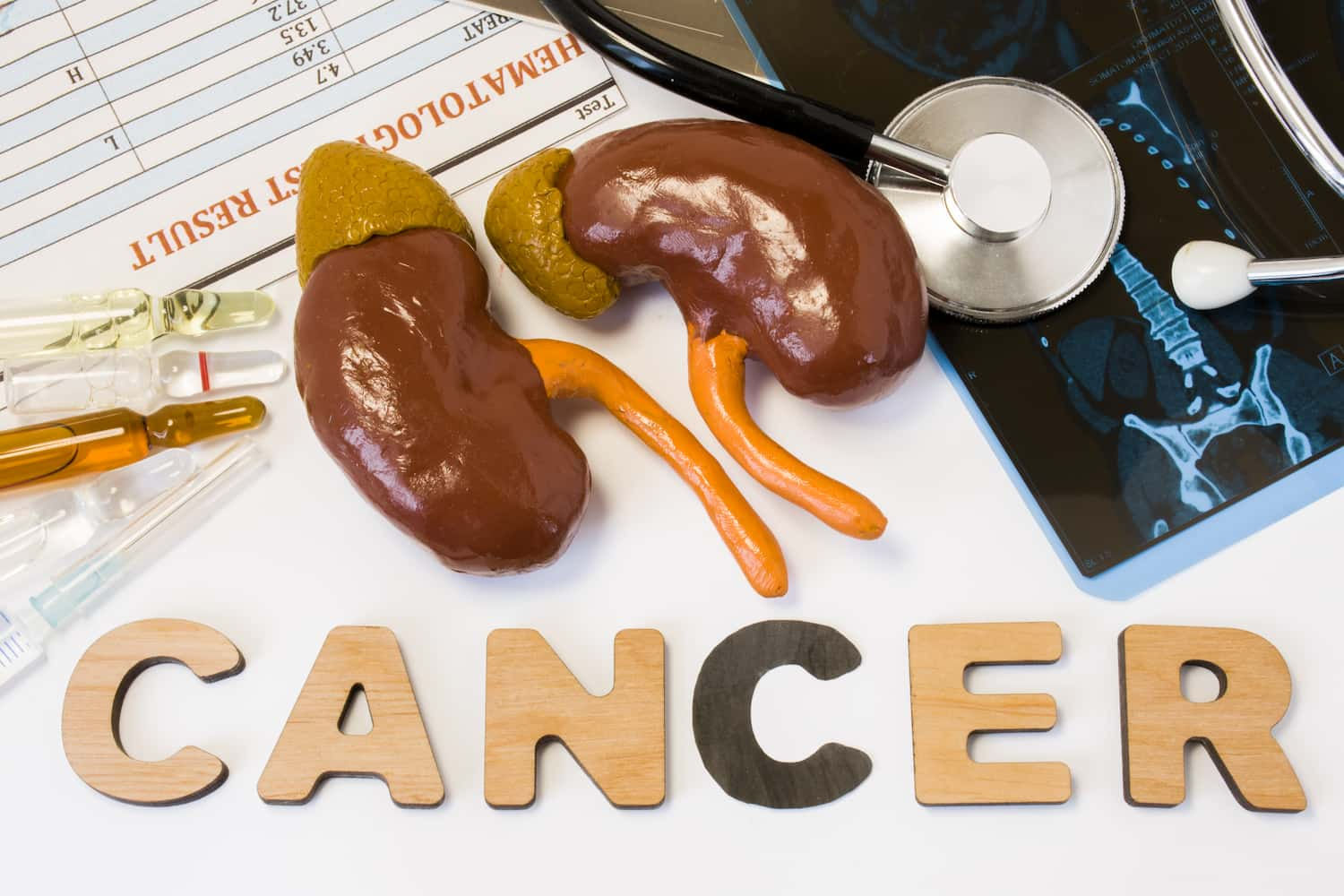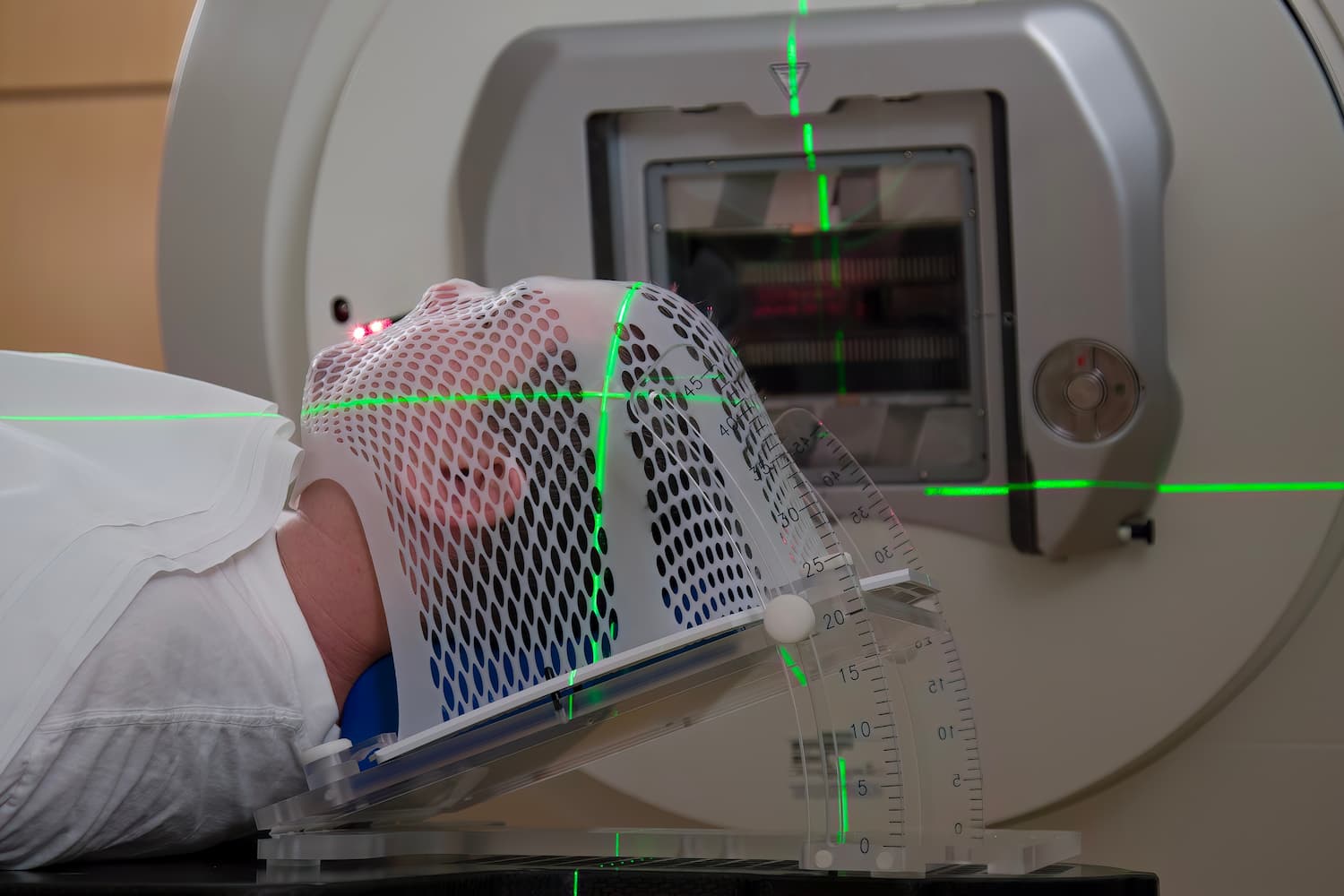
Kidney Cancer Spread
Kidney cancer, also known as renal cell carcinoma, is one of the most common types of cancer in the United States, accounting for about 3% of all adult cancers. It is estimated that more than 76,000 new cases of kidney cancer will be diagnosed in the United States in 2022 alone, with about 14,000 deaths from the disease. One of the biggest concerns with kidney cancer is its potential to spread, which can make the disease more difficult to treat and reduce a patient’s chances of survival. In this article, we will explore how aggressive kidney cancer can be and what you need to know about its spread.
How Quickly Does Kidney Cancer Spread?
Researchers are continuing their investigation into how specific characteristics, such as the size of the tumor, whether or not the cancer has spread to the lymph nodes, and how far it has spread, affect survival rates. A significant number of these studies calculate survival rates after surgical intervention has been performed. According to the findings of this research, patients with kidney cancer who have migrated to other parts of the body or the lymph nodes would have a decreased chance of survival.
However, recent developments in treatment, particularly immunotherapy (see types of treatment), are allowing some patients with metastatic kidney cancer to live considerably longer than they did in the past. This was not the case in the past.
You must keep in mind that the survival percentages for persons who have been diagnosed with kidney cancer are only estimates. The estimate was derived from data collected annually on the number of people living in the United States who have been diagnosed with this malignancy.
In addition, every five years, specialists compile a new set of survival statistics. This indicates that the estimate may not take into account the consequences of breakthroughs made in the diagnosis or treatment of kidney cancer during the past five years. If you have any concerns or questions regarding the content of this article, please consult your primary care physician. Get a better knowledge of statistics by learning more.

How Long Can You Live With Kidney Cancer That Has Spread?
The likelihood of surviving kidney cancer that has metastasized to other areas of the body varies greatly from case to case. Cancer that has gone beyond the kidney to other parts of the body is referred to as stage 4 kidney cancer. The American Cancer Society estimates that the five-year survival rate for persons with stage 4 kidney cancer is approximately 12%. On the other hand, survival odds may be significantly improved if the cancer is detected at an earlier stage and the patient is in otherwise good health. Patients diagnosed with an advanced stage of kidney cancer may benefit from treatment that extends their survival for several years.
How Do You Know If Kidney Cancer Has Spread?
Renal cell carcinoma, more commonly referred to as kidney cancer, is a condition that results from the formation of cancer cells within the tubules of the kidney. Tubules are very small tubes that are found in your kidneys. They are responsible for filtering waste items out of your blood so that urine can be produced.
Increasing one’s risk of developing renal cell carcinoma are behaviors such as smoking, hypertension, obesity, and hepatitis C. When renal cell carcinoma spreads beyond the kidney to other organs, it is referred to as metastatic renal cell carcinoma. This can happen when the cancer invades the lymph system or the bones.
Renal cell carcinoma has the potential to metastasize or spread to other parts of the body from a tumor or mass of cancer cells. Metastasis is the name given to this process. It can take place in one of these three ways:
The cancer cells in your kidney spread into the tissue that surrounds the tumor.
The cancerous cells spread from your kidney to your lymph system, which is comprised of vessels located all over the body.
Cancer cells from the kidneys enter the bloodstream, where they are then transported to and deposited in a different organ or part of the body.
Where Does Kidney Cancer Usually Spread to First?
It is the lungs and bones that are affected by kidney cancer the vast majority of the time, but it can also extend to the brain, liver, ovaries, and testicles. Because there are no symptoms in the early stages, it can spread before you even realize you have it. If you do detect it early, but the treatment does not eliminate all of the cancer cells, the disease may return to your kidney or another part of your body.
Individuals can have a wide variety of symptoms when they have kidney cancer. In the majority of instances, you will see blood in your urine. You may feel sick to your stomach, exhausted, and like you don’t want to eat much.
The Study of Kidney Cancer Spread
In a recent multicenter clinical study involving over 1,500 patients diagnosed with kidney cancer, researchers investigated the impact of specific treatment modalities, including surgery and immunotherapy, on the progression and survival rates of metastatic kidney cancer. The study, published in the Journal of Clinical Oncology, revealed promising outcomes for patients undergoing immunotherapy, with a significant extension in survival compared to traditional treatment approaches. These findings contribute valuable insights into evolving treatment strategies for kidney cancer, offering hope for improved outcomes and survival rates in patients with advanced stages of the disease.
What Can You Do If You Have Kidney Cancer?
First, talk to your doctor about how to treat it best. Even if it can’t be cured, surgery, medicine, and other treatments may be able to slow it down and help you deal with your symptoms. You can also feel better physically and emotionally by doing a lot on your own:
Don’t go too fast. Even some of the medicines used to treat cancer can kill you. Try to keep your days simple so you can save your energy for what matters. Don’t be afraid to take a break when you need to.
Say what’s wrong. Your doctor can help with problems like constipation, stomach pain, and pain that are common side effects of cancer and its treatments. But only if you tell them something. Visit your doctor often to make sure you’re getting the care you need.
Keep moving. Exercise gives you more energy and helps you deal with stress, anxiety, and depression. Ask your doctor what you can do safely. Take care of yourself. Along with working out regularly, try to eat well and get enough rest. A dietitian might be able to help you eat more if you don’t feel like it.
Healthy Türkiye Notes
Find some ways to unwind. It will keep your energy and mood up. Take some time to read a book, go for a walk, talk to a friend, get a massage, or try meditating. Or any or all of these. Do what makes the most sense for you.
Don’t lose touch. Cancer can make you feel a lot of different things, and your family and friends can help you deal with them. They can also run errands, hang out with you, and make you feel better. You could also see a therapist or join a group of people who can help you. Sometimes it’s easier to talk to people who aren’t as close to you.
Try to stay positive and work with your doctor. There are more ways than ever to treat the condition. You can talk to your doctor about which ones are best for you.




